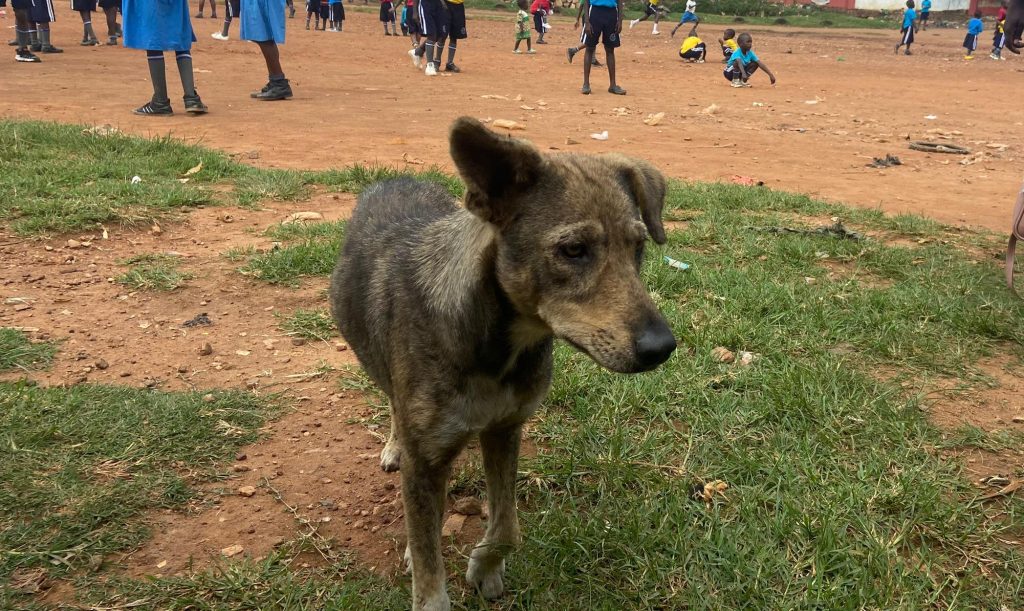Introduction
Ever wondered why so many dogs roam freely in Uganda?
A recent study co-authored by Dr. Lutebemberwa Isa, our lead veterinarian at VetLit Mobile Veterinary Services, sheds light on this growing concern. The findings have big implications for pet owners, communities, and national animal health programs.
Why This Study Matters
In Uganda, free-roaming dogs pose public health and animal welfare challenges. They are often involved in dog bites, spread zoonotic diseases like rabies, face malnutrition or injury, and conflicts. Understanding their movement patterns helps improve pet care, vaccination strategies, and control policies.
What the Study Found
🔹 1. Dogs Roam More at Night
In rural areas, 65.2% of dogs roamed at night, compared to 26.0% in urban areas. This often relates to owners releasing dogs for security purposes.
🔹 2. Poor Confinement is a Key Factor
Most roaming dogs came from homes without secure perimeter fences. Lack of fencing was strongly linked to low-income households.
🔹 3. Feeding Practices Influence Roaming
Dogs that were underfed or not fed at all were more likely to roam in search of food, especially in rural communities.
🔹 4. Reproductive Control Is Limited
Low awareness of sterilization options, especially in rural areas, has led to unplanned litters, abandonment, and more stray dogs.
What This Means for Ugandan Communities
This study shows that dog ownership practices and socioeconomic factors directly contribute to roaming behavior. It calls for:
-
Community education on responsible pet care.
-
Subsidized sterilization and vaccination programs.
-
Stronger enforcement of existing dog ownership laws
-
Public-private partnerships to improve veterinary outreach
How You Can Help
-
Vaccinate your dog annually
-
Avoid letting dogs roam unattended
-
Sterilize your pets
-
Support local animal welfare initiatives such as vetconekt.
What are we doing about it?
Vetlit runs social media campaigns that educate and inform pet owners on responsible pet management practices. As well we offer most of our services at affordable costs to ensure that no one is left behind. We welcome any inquiries that you may have about your pets and are always happy and glad to assist.
Conclusion
Free-roaming dogs in Uganda are a complex issue, but one we can address with collaboration, compassion, and informed pet care. For more information or to schedule a mobile vet visit, contact us.

